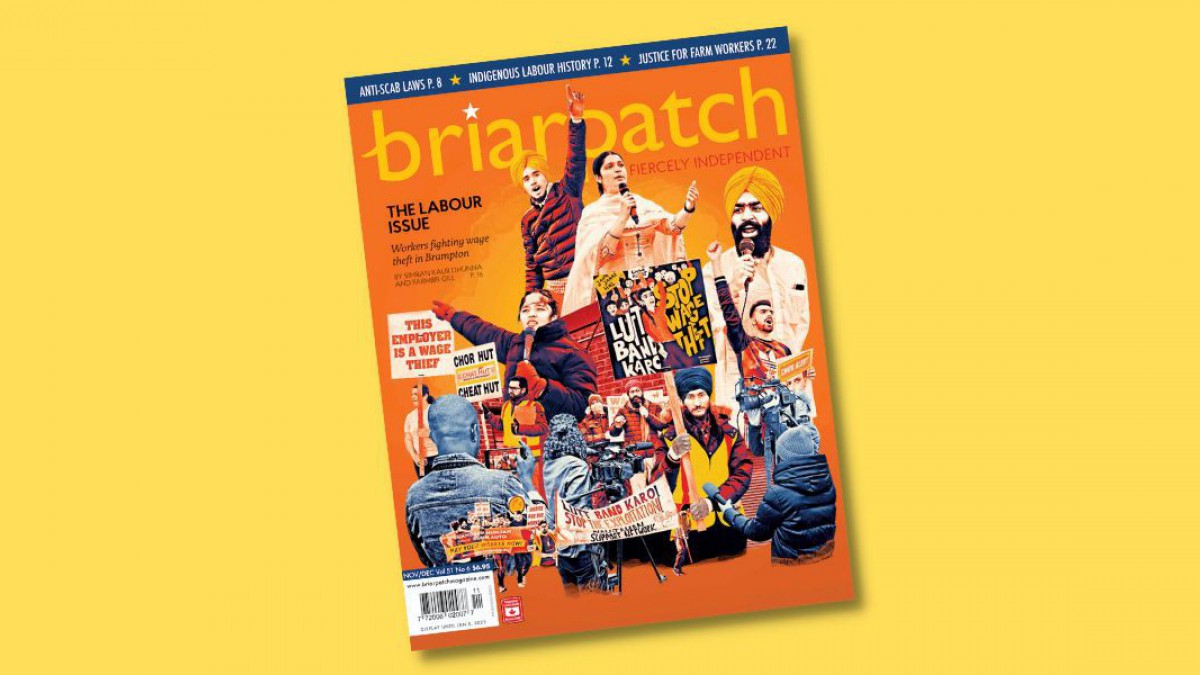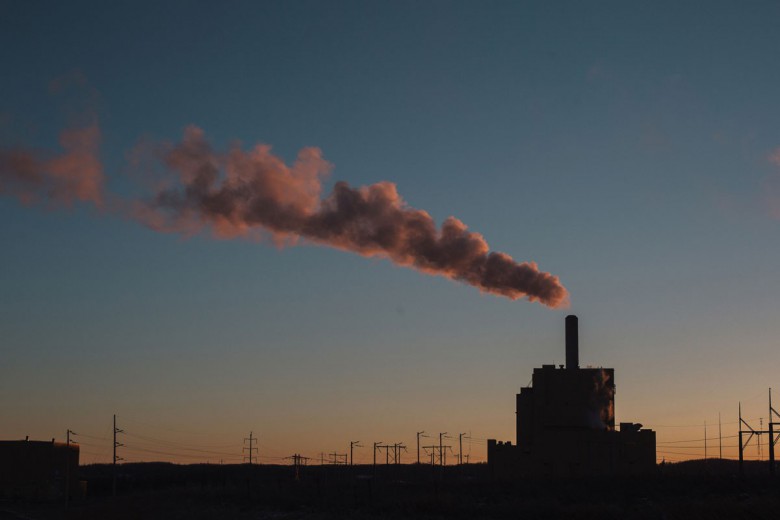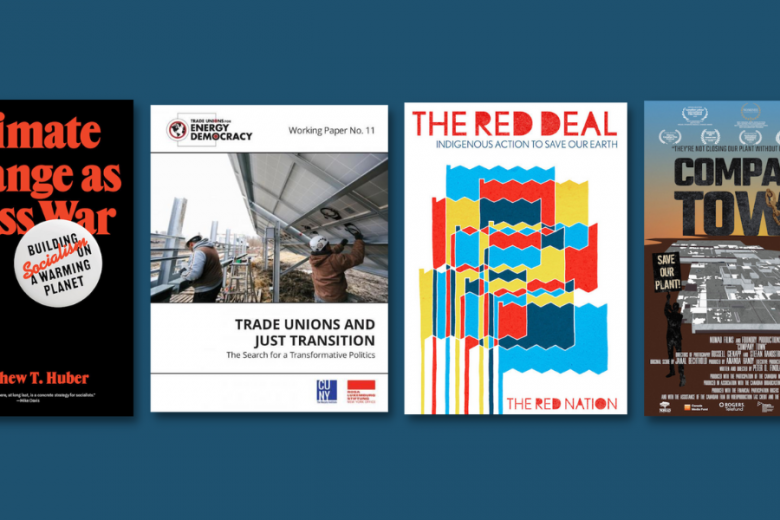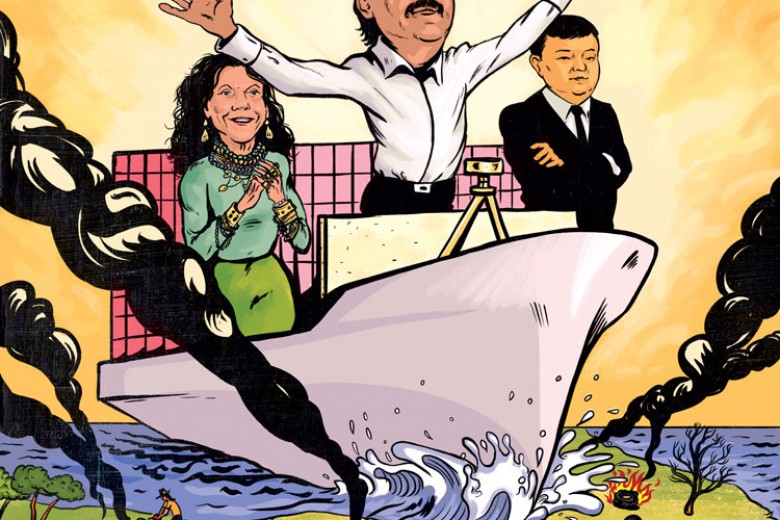Back in 2019, Briarpatch published a special Just Transition Issue. The editorial collective and I wanted to explore how to transform our world in order to mitigate climate change. At that time, we wondered whether we’d chosen the right concept. Was anyone talking seriously about a just transition? Did that phrase resonate with ordinary people, or just with a small sect of unionists and environmentalists?
Today, it seems like the phrase “just transition” is everywhere. It’s in South Africa’s new Just Transition Framework; in the language used by Bernie Sanders and Alexandria Ocasio-Cortez when they push for a Green New Deal; and in the EU’s new Just Transition Mechanism, which the European Commission expects “to mobilise around €65-75 billion to reshape the economy of fossil fuel producing regions of the EU” by 2027. Then just last year, Canada’s Minister of Natural Resources called on stakeholders to share feedback on proposed just transition legislation.
As climate disasters intensify, we can be sure that fossil fuel companies will attempt to co-opt the language of a just transition and position themselves as “stakeholders.” Analysis by DeSmog from 2021 reveals that two-thirds of online posts from six major fossil fuel companies presented companies as “green” and “environmentally friendly.” Meanwhile an average of 80 per cent of their operations were still in oil and gas and, in one company’s case, coal. “It’s the very epitome of greenwashing,” Harvard research associate Geoffrey Supran told DeSmog. “Act dirty, talk green.”
Was anyone talking seriously about a just transition? Did that phrase resonate with ordinary people, or just with a small sect of unionists and environmentalists?
But I hope that the term “just transition” will prove difficult to co-opt. The idea was developed in the 1990s by Tony Mazzocchi, the visionary leader of the Oil, Chemical and Atomic Workers Union, who understood that workers, communities, and the planet were all being harmed by companies’ dirty practices. So if the labour movement is willing to fight for the idea’s integrity, we may be able to keep fossil fuel companies from polluting its meaning.
While writing this letter, I took Joshua K. McEvoy’s recommendation in his reading list on page 40, and have been reading the paper “Trade Unions and Just Transition: The Search for a Transformative Politics” by Sean Sweeney and John Treat. In it, the authors argue that there are two distinct meanings of “just transition.” The first is more common, and narrower: protecting workers during the shift to a low-carbon economy. The second is less common, and more ambitious: a call to transform society and the economy to address the root causes of climate change.
That second, transformative meaning is what Briarpatch focussed on back in 2019: we argued that a just transition included returning land to Indigenous jurisdiction, and justice for migrants and workers in the Global South. In this, Briarpatch’s annual Labour Issue, I see many threads that connect back to our 2019 Just Transition Issue.
“It’s the very epitome of greenwashing [...] Act dirty, talk green.”
Jennie Long and Caleb Cohen write about tree planting in Teck’s B.C. coal mines, where Teck promises to leave “ecosystems and biodiversity [...] better off at the end of mining than when we found them.” But Long and Cohen describe the futility of planting seedlings in lifeless, black blast rock; and the hypocrisy, greenwashing, and low standards that characterize Teck’s mine reclamation.
Hannah Kaya and Hannen Sabean write about farm workers organizing for better conditions, as their already-hazardous jobs become increasingly dangerous because of climate breakdown.
Mike Gouldhawke writes about the history of Indigenous labour struggles, including Native communities fighting “just to be able to manage and work their own resources.”
As the term “just transition” makes its way into policy and legislation, and fossil fuel companies race to include it in their PR, I hope the articles in this issue remind you that a just transition can mean transformation, and winning a better future for workers, communities, and the planet.







